Few days back, my dad asked if I know Iyana paja.
I sharply and excitedly replied YES.
My mind had immediately thought of a popular area called Iyana paja in Lagos State, Nigeria.
I was about telling him how Iyana paja is just a stone throw to Sango Otta (where I did my National Youth Service Program) when he said he was referring to a vegetable and not the Iyana paja in Lagos.
There is actually a type of vegetable called iyana paja.
My dad then asked me for the health benefits of this vegetable.
This prompted me to write about Efo Iyana paja and 4 other types of vegetables that Nigerians have but rarely eat.
1) Efo Iyana paja
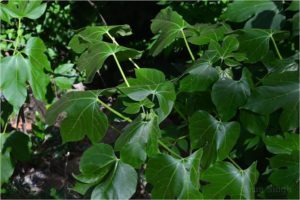
This vegetable is commonly called tree spinach, or efo Jerusalem (Yoruba).
It’s botanical name is Cnidoscolous aconitifolius.
This vegetable has been known to be used in curing numerous ailments.
It is also used to cure insomnia, gout, scorpion stings, memory and vision impairment.
2) Efo Yanrin
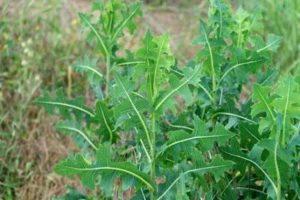
This vegetable is commonly called Wild Lettuce and its botanical name is
Lactuca virosa.
The leaves of this vegetable plant are eaten fresh as a salad or cooked in soups and sauces.
Wild lettuce contains two compounds known as lactucin and lactucopicrin. These two compounds act on the central nervous system.
Wild lettuce has the highest concentration of lactucopicrin of all plants. However, dandelion root and chicory root are also good sources of lactucopocrin.
Wild lettuce helps in keeping the nervous system healthy.
3) Efo Ebolo
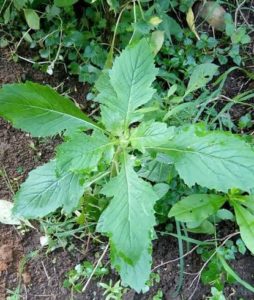
This vegetable is commonly known as Yoruba Bologi.
It’s scientific name is Crassocephalum crepidioides.
Efo Ebolo contains enough fibers and protein. It helps in dealing with constipation or irregular stool.
4) Efo Worowo
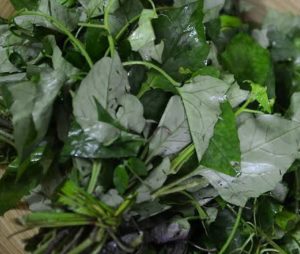
This happens to be one of the vegetables I worked on for my undergraduate project and I have so much to say about this vegetable.
It is botanically called Senecio biafrae.
Leaf extract of worowo has been known to be used in stopping bleeding from cuts or injuries among the Yorubas.
In Côte d’Ivoire, the pulped leaves are applied to the breasts as a galactagogue.
In Congo, worowo is used to treat cough and heart troubles, as a tonic and to relieve rheumatic pain, prurient allergies and localized oedemas.
5) Efo Gbagba or Efo Igbo
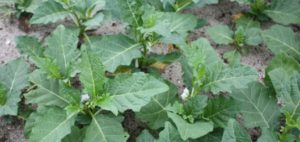
This vegetable is commonly known as African Egg Plant leaf.
Its botanical name is Solanum macrocarpon.
The plant is usually cultivated for its leaves, which are a bit bitter.
Garden egg leaves serve as blood tonic for people suffering from a shortage of blood or are anemic.
One can just wash the leaves in clean cold water, slice and eat it raw.
It can be also be prepared as soup.
The vegetable serves as detoxifiers to the kidney and it is more effective when eaten raw or converted into juice by boiling for few seconds and then filtering the juice in a container; this juice can be taken 3 times per day or more.
The vegetable is also good for pregnant women. This is because it contains a good number of vitamins and minerals that are required for an improved health condition during pregnancy.


I thought Worowo is the same as Bologi
Are u not aware of edible weeds with amazing nutrients. please work on this